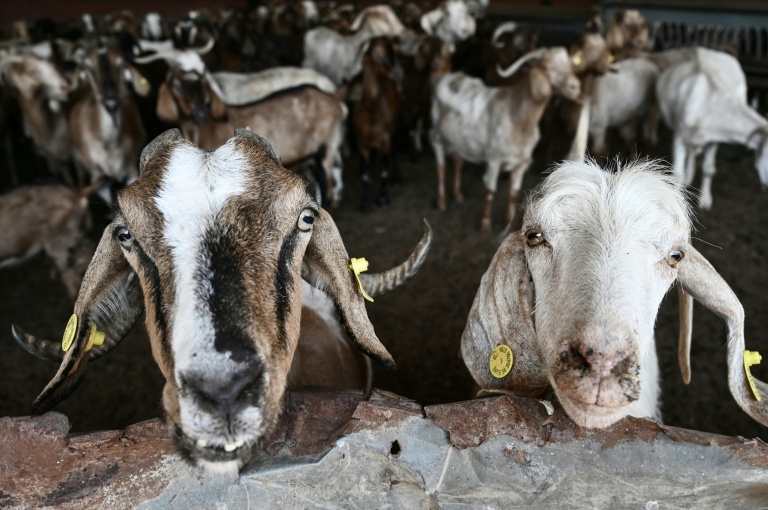Greek police arrested 37 people on Wednesday in a sweep related to a multi-million EU farm subsidy scandal which the prime minister warned could cost the primary sector gravely.
The arrests were carried out in the greater Athens area, Thessaloniki, the island of Crete and other areas in an ongoing operation, police said.
This followed an October 13 raid by the European Union’s anti-fraud agency OLAF on the offices of OPEKEPE, Greece’s state agency supervising the payment of EU support funds to farmers.
An EU probe has shown widespread abuse of funds handed out by OPEKEPE, which according to the government disbursed more than three billion euros ($3.5 billion) annually, mainly in subsidies to 680,000 farmers.
Eye-catching cases under investigation include pastures declared in archaeological sites, olive trees in a military airport and banana plantations on Mount Olympus.
Some of the suspects facing criminal charges are believed to have “illegally” pocketed at least five million euros, police spokeswoman Konstantia Dimoglidou told state broadcaster ERT.
“The case file includes additional persons” beyond Wednesday’s arrests, with 43 suspects originally sought, she said, adding that some were abroad.
One suspect in Crete had illegally pocketed 2.5 million euros, ERT reported.
The case has put major pressure on conservative Prime Minister Kyriakos Mitsotakis — even more so given his family’s decades-long political influence in Crete, where most of the allegedly fraudulent subsidies came from.
He has vowed to imprison the “thieves” responsible and to reclaim the funds.
On Wednesday, Mitsotakis warned the case casts “doubt” on the future of EU funds for Greece’s primary sector if it is not resolved.
“It is clear that criminal investigations were involved here, taking advantage of state failings to claim money they were not entitled to,” he told Skai radio.
State auditors have already seized 22 million euros from over 1,000 spurious tax accounts.
“Whatever the political cost, I am not backing down,” the premier said.
Experts and media have pointed the finger at corruption and an allegedly rampant system of patronage.
Those who illegally claimed the money mainly did so by making false declarations about agricultural land and livestock they claimed to control.
The scheme began following a change in the EU’s Common Agricultural Policy, which in 2014 shifted subsidies from livestock to land.
With a woefully incomplete land registry at the time, ownership across much of Greece was unclear.
Farmers were therefore allowed to declare land owned elsewhere in the country to claim a share of the subsidies.
Non-farmers with political connections got in on the action, lured by the prospect of easy money.
It is estimated that genuine farmers lost 70 million euros annually.
– ‘Acronym for corruption’ –
In a visit to Athens this month, European Chief Prosecutor Laura Kovesi said the OPEKEPE agency had become “the acronym for corruption, nepotism and clientelism.”
“For years, criminals, helped by civil servants and high officials, were stealing European money. This money was supposed to help honest, hardworking farmers and their families to cultivate this beautiful land. Not to pay for villas, sports cars, and God knows what else,” she told reporters.
According to OPEKEPE, approximately 80 percent of total subsidies granted from 2017 to 2020 for pastures ended up in Crete.
Mitsotakis has stressed that the fraud, which Greek authorities estimate amounts to at least 23 million euros, began in 2016, before he came to power in 2019.
The government “has nothing to hide or to fear from such checks”, he said last month.
Mitsotakis has insisted that two agriculture ministers appointed by him, who are under investigation, bear no criminal responsibility.
vk-jph/cc
